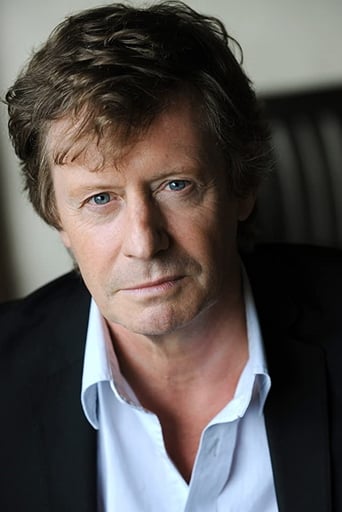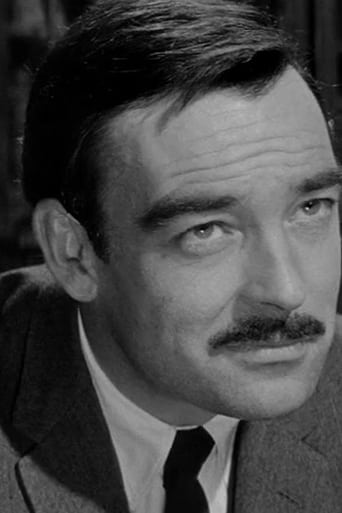Curapedi
I cannot think of one single thing that I would change about this film. The acting is incomparable, the directing deft, and the writing poignantly brilliant.
Charlot47
Very well written and shot film with first-class acting, excellent music and apt dialogue. All round far better in quality than most Hollywood dross.Captures much of the spirit of the complex 1941 book by Rex Warner, which under the surface of a melodramatic and somewhat surreal story addressed a number of philosophical issues. In particular, it contrasted the hate-filled logic of fascist tyranny that was then triumphing all over Europe with the muddled imperfect affectionate life of rural England.The two worlds are typified by the village and the neighbouring aerodrome. In the village people are free, make their mistakes and believe in, even if they by no means always obey, traditional Christian values. On the air base, religion is abolished and harsh man-made rules are enforced by rigid discipline. Roy, a naïve 21 year old from the village, joins the air force and rises rapidly. He quickly learns to suppress the feelings that he grew up with and to regard the villagers as benighted, while women are just prey. But as he sees more of the ruthless and dangerous behaviour by the air force, its moral corruption and its cruelty, his conscience awakens. In the end he returns to his widowed mother in the village and marries the barmaid he always fancied.The book was vague about the exact years when it was set, though it was clearly not during the Second World War, and the brutal air force it describes was certainly not the Royal Air Force that was then defending Britain heroically. The deliberate haziness over time is kept by the film, which uses aircraft and equipment from several different decades, but is more explicit over the Nazi-like nature of the air force by clothing the officers in uniforms reminiscent of the SS.Recommended as a story, even though deliberately far-fetched, as a satisfying viewing experience and above all as another reminder about the life-denying emptiness of totalitarianism. It is always better to stay at home and marry the barmaid than to join the Nazis.




